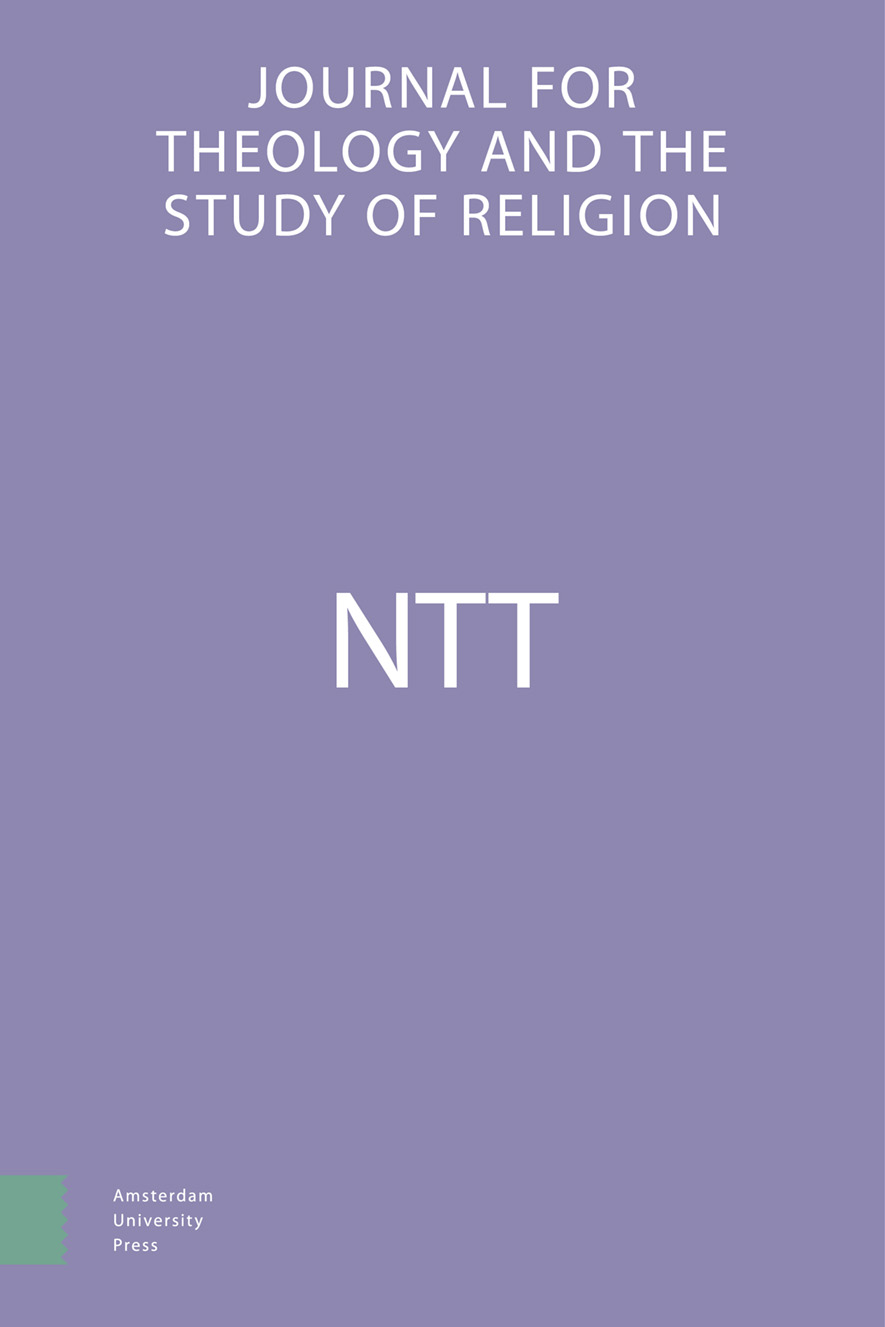-
oa De vervluchtiging van het vrijzinnig protestantisme in Nederland
1Voor hun suggesties en kritiek op een eerdere versie van dit artikel wil ik prof.dr. E.J. Kuiper, dr. Peter van Rooden, prof.dr. H.J. Adriaanse en dr. Hetty Zoek hartelijk danken. Deze onderzoekingen werden gesteund door de Stichting voor Filosofie en Theologie (SFT), die wordt gesubsidieerd door de Ned. Organisatie voor Wetenschappelijk Onderzoek (NWO).
- Amsterdam University Press
- Source: NTT Journal for Theology and the Study of Religion, Volume 50, Issue 2, Apr 1996, p. 122 - 134
-
- 01 Apr 1996
Abstract
In this essay the author discusses two issues. First, he offers an explanation of the decline of liberal Protestantism in the Netherlands in the 20th century. He argues that its fall is due to the Dutch system of pillarization (consociationalism). The idea of (liberal Protestant) religion as an integrative force in society was severely frustrated in a situation where the non-liberals organized themselves as separate confessional organisations, which came to dominate the public sphere. Secondly, he discusses the question whether the liberal Protestant ideals have been realized in an indirect way, i.e. in the contemporary open-minded reformed Churches or in the welfare state, taken as the materialization of a liberal civil religion. The answer to this question depends on whether one is willing to see liberal Protestantism not only as a religious movement, but also as a cultural force.


